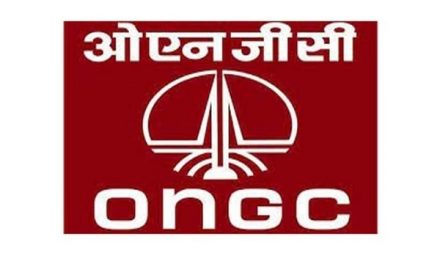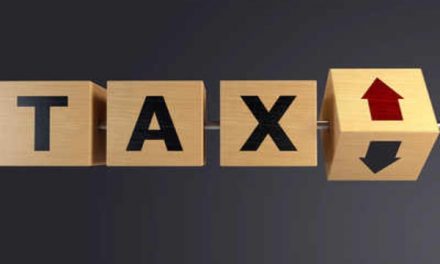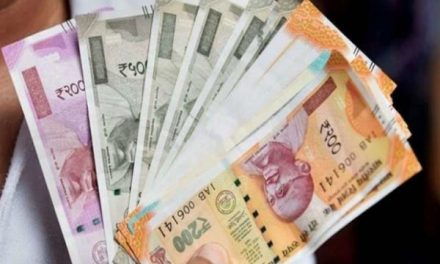Come April and auto manufacturers and importers may have to pay a penalty of Rs 10 lakh to Rs 1 crore for selling “defective vehicles” if the government orders mandatory recall. The rule for testing of vehicles and mandatory recall under the Central Motor Vehicle Act, notified by the transport ministry, provides for the penalty in case manufacturers or importers fail to take a voluntary recall.
The Ministry of Road Transport and Highways has issued a notification in this regard last week. Accordingly, it will be made mandatory to withdraw or fix manufacturing defect-defective vehicles from April 1 in the country. This will depend on what type of error is in the vehicle. The consumer will not have to pay any charges for new vehicles or repairs.
The notification mentions fines ranging from Rs 10 lakh to Rs 1 crore on the basis of number of vehicles and types of vehicles.
The rules for testing of vehicles and mandatory recall under the Central Motor Vehicles Act provides for penalty in case of manufacturers or importers fail to undertake voluntary recall. At present there is no penalty for it.
The new rules will apply to vehicles that are less than seven years old with the ministry defining defect as a fault in a vehicle or component or software that poses or may pose undue risk to road safety.
Mandatory recall of over six lakh two-wheelers or over one lakh four wheelers will attract the maximum penalty of Rs 1 crore.
In case of vehicles carrying over nine passengers and heavy good vehicles, a maximum penalty of Rs 1 crore will be levied if more than 50,000 vehicles are recalled.
In case of cars and SUVs, Rs 1 crore penalty will be levied in case of sale of over one lakh defective vehicles while for three- wheelers the fine would Rs 1 crore in case of sale of over three lakh vehicles. For two-wheelers, Rs 1 crore penalty will be levied in case the sale of defective vehicles is above six lakh, as per the notification.
The government has also finalised the threshhold for triggering the recall. For example in case of a car or SUV whose annual sale is up to 500 units, 20 per cent or 100 complaints will be enough to initiate the recall process.
Likewise, in case of cars or SUVs a certain number of complaints are required for initiating recall process.
Two-wheelers, three-wheelers and quadracycles have similar formula too.
For large vehicles like buses and trucks, complaints or defects amounting to three per cent of annual sale will prompt government to announce recall.
The governemnt will set up a portal for vehicle owners to register and lodge complaints.
Based on complaints, notices will be slapped on automobile companies providing them 30 days time to respond.
A designated agency will probe into the complaints before ordering mandatory recall.
The notification said: “Any manufacturer, importer or retrofitter of the motor vehicle, as the case may be, aggrieved by recall notice may, within 90 days from the date of receipt of the recall notice, appeal to High Court.”
The government specified that “defect” means a fault in any vehicle or component or software that poses or is likely to pose undue risk to road safety or environment, and that exists in a group of vehicles of the same design or manufacture, or items of equipment of the same type and manufacture, and which originated at design, manufacturing or manufacturer‘s assembly stage.
The government last year had reinvited suggestions from all stakeholders, including general public on the proposed amendment in the motor vehicle rules regarding recall of the defected ones.
The notification in this regard was reissued in order to provide adequate time to stakeholders to examine these in view of the situation arising out of the lockdown.












